Women's History Month: Division of Agriculture celebrates women in leadership
By Rebekah Hall
U of A System Division of Agriculture
March 31, 2023
Fast Facts:
- March is Women’s History Month
- Women faculty, staff significantly impact mission of Division of Agriculture
- Contributions highlighted in food and poultry science, public policy, youth development and more
(1,639 words)
(Newsrooms: Download file photos)
LITTLE ROCK — As part of Women’s History Month, the University of Arkansas System Division of Agriculture is highlighting women making an impact in research, youth development, public policy and family and consumer sciences in the state.
“The contributions of women to land grant efforts have often been overlooked,” said Deacue Fields, head of the Division of Agriculture. “But their efforts have been a significant part of our mission for more than a century.
“We have a tremendous number of women in leadership roles in our organization who have made a substantial impact,” he said. “We wouldn’t be where we are today without their dedication to the mission of the Division of Agriculture.”
Women first began working for extension as home demonstration and canning agents in the early 20th century, providing critical — and often life-saving — information to rural families, including nutrition education, gardening techniques, sewing skills and more. In the decades since then, women have continued to innovate and advance the work of the Division of Agriculture in Arkansas.
Cooperative Extension Service
LAURA HENDRIX
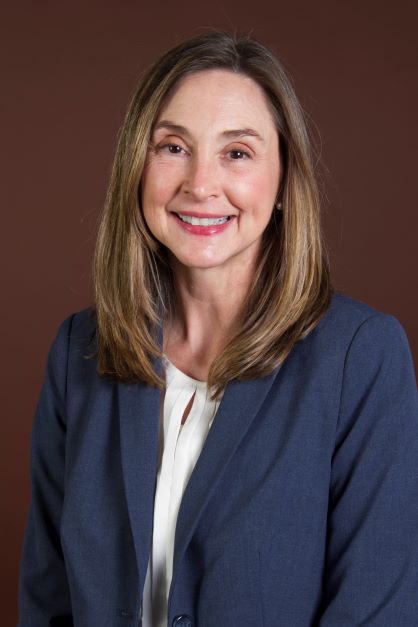
Laura Hendrix: Interim associate department head of Family and Consumer Sciences for the Division of Agriculture
When did you begin working for the Cooperative Extension Service?
“I interned in Lonoke County in 1988, worked as an assistant clothing specialist in 1989, and started my first full-time county agent job in Grant County in January of 1990.”
What accomplishment, project or program are you most proud of?
“I am most proud of the success stories we hear about positive life changes – 4-H’ers who credit extension with their college and career success, people who credit our health programs with learning to control diabetes or chronic pain, people who report building financial stability using what they learned in our personal finance programs and early childhood educators who gain skills and earn continuing education through our Best Care lessons.”
What does the mission of extension mean to you?
“Extension Family and Consumer Sciences is the art and science of all the critical components of quality of life — nutrition, health, money management, relationships, human development and personal growth.”
What is the best advice you’ve ever received?
“Do something today to take care of your future self. Start taking care of your health and saving and investing for tomorrow as soon as possible.”
Who is your role model or mentor?
“Dr. Lynn Russell was state leader for Family and Consumer Sciences, and she was an outstanding role model as an extension specialist and as a leader. Mrs. Betty Oliver was a long-time county extension agent, one of the first female staff chairs in Arkansas, and state adviser to the Arkansas Extension Homemakers. She was a shining example of professionalism and grace as she served as a leader within the extension organization and in her role of building a statewide volunteer program with thousands of Homemaker members.”
KRISTIN HIGGINS
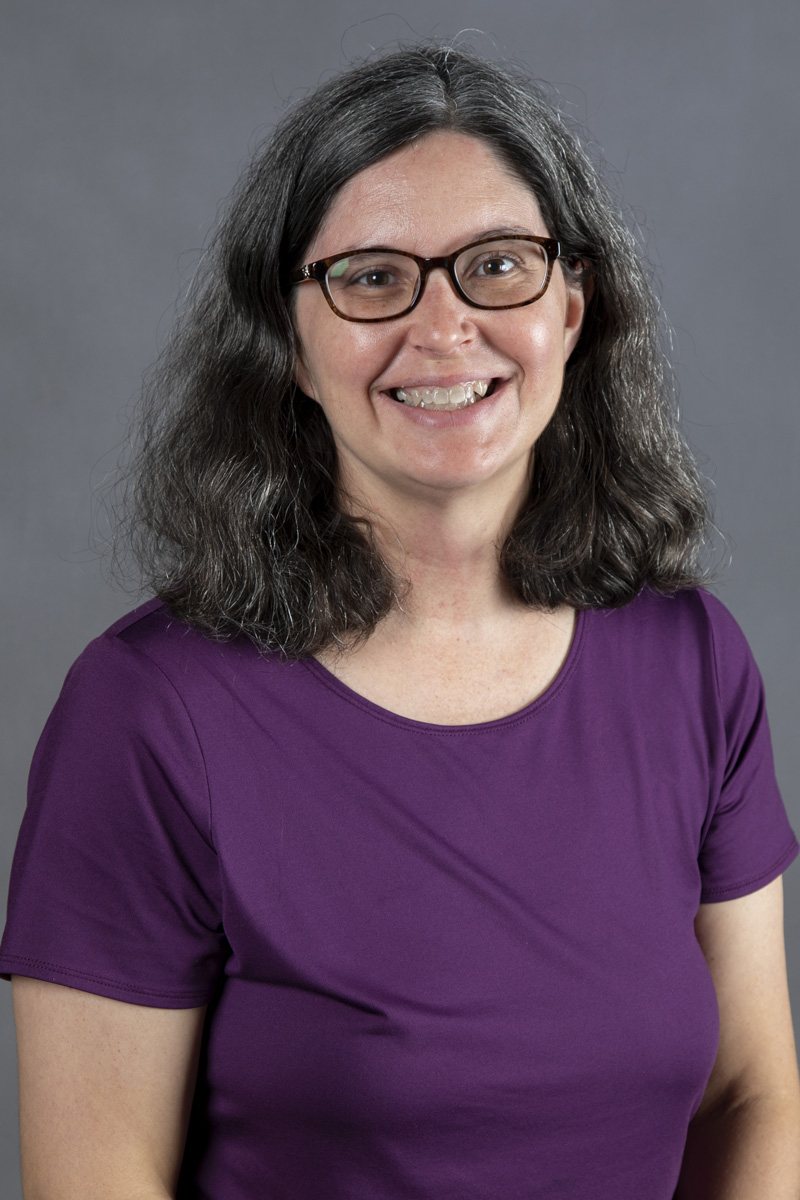
Kristin Higgins: Extension program associate for the Public Policy Center — Community, Professional and Economic Development
When did you begin working for the Cooperative Extension Service?
“My first day at the Cooperative Extension Service coincided with the last day of my previous career. I worked the New Year’s Day holiday shift at the Arkansas Democrat-Gazette. Then I walked in the door here on Jan. 2, 2012, bright-eyed and ready to be a public policy educator.”
What motivates you in your work for extension?
“Access motivates me in my work at the Cooperative Extension Service. Policy language is inherently inaccessible regardless of the topic. Legal language and professional jargon are often barriers to public participation. My goal is to remove those barriers by writing for the public in a way they can understand what is being asked of them in decision-making spaces and how they can be part of the processes affecting their future.”
What accomplishment, project or program are you most proud of?
“I’m known within extension mostly for overhauling our Arkansas Ballot Issue Education program, which last year reached more than 350,000 Arkansans through voter guides, websites, videos and presentations.
In January 2020, I cold-called dozens of processors around the state asking about their personal and physical capacity to butcher beef for producers wanting to sell their meat locally. It was such a stretching exercise, to create and deliver an extensive survey all on my own in a subject area I hadn’t been involved with previously. The survey results landed at the right time for the Beef Council, when federal and state funds became available to help grow this niche business across the state.”
What does the mission of extension mean to you?
“Everyone deserves the opportunity to live a fulfilling life. We explore what that means together, which often results in connecting more Arkansans to proven tools they can use to flourish.”
PIA WOODS
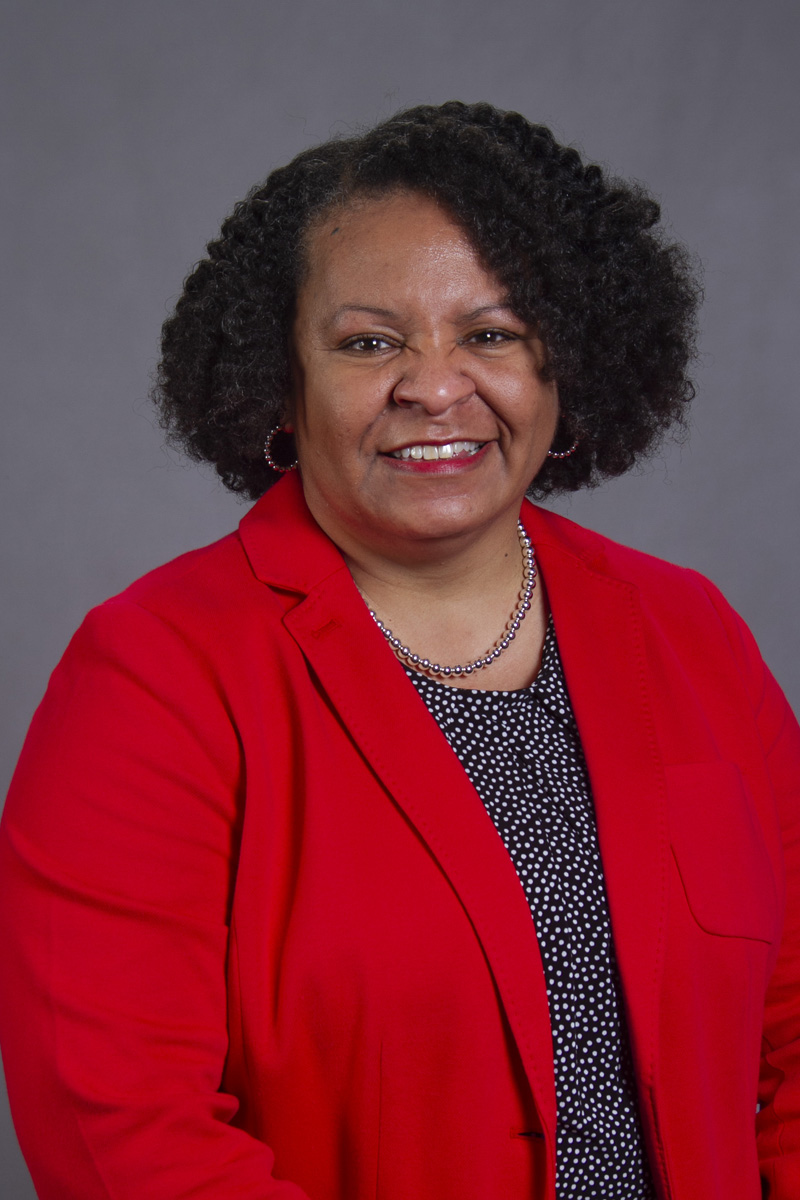
Pia Woods: Jefferson County extension staff chair for the Division of Agriculture
When did you begin working for the Cooperative Extension Service?
“I began my career with extension 26 years ago on February 17, 1997. I was initially hired as a 4-H program assistant for the University of Arkansas at Pine Bluff – housed in the Jefferson County Extension office. I became a county agent on February 15, 2006.”
What accomplishment, project or program are you most proud of?
“I am most proud of the accomplishments of the youth that I am blessed to work with, especially those who’ve been involved in 4-H for an extended period. Seeing the growth that occurs and the skills they develop from active participation is so incredibly rewarding!”
What motivates you in your work for extension and with 4-H?
“I am motivated by the diversity of programming that 4-H and extension offer and by how much our programming can positively impact the people we serve. My own children grew up in 4-H, and I know for certain that their 4-H experiences helped mold them into the awesome adults they are now.”
What does the mission of extension mean to you?
“To me, the mission of extension means that my sharing of research-based knowledge and information will improve the lives of the youth and volunteers I work with and will equip them to not only better themselves, but their families and communities as well.”
Who is your role model or mentor?
“I would say that my mother is my role model. She’s a phenomenal woman who is hard-working, creative, kind-hearted and energetic. Many of the skills that I rely on in my work were developed at a very early age because she allowed me tons of hands-on experiences.
I would also add the late Mrs. Jimmie Lee Edwards, who was a former extension specialist, 4-H volunteer, and all-around amazing woman. She was like a walking encyclopedia and one of the nicest people I have ever encountered. I was blessed to work closely with her, especially in her last years, and she shared some of her tips for being a great county agent and human being.”
Agricultural Experiment Station
CASEY OWENS
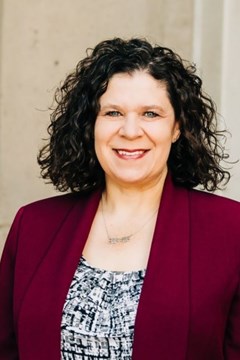
Casey Owens: Professor of Poultry Science for the Division of Agriculture
When did you begin working for Division of Agriculture?
January 2000.
What motivates you in your work for the Agricultural Experiment Station and the Dale Bumpers College?
“I consider myself an advocate, or ‘ag-vocate,’ for agriculture, especially for the poultry industry. My area of research is around poultry meat processing and quality, which affects both processors in the industry and consumers, something I keep in mind in my programs. My main motivation is that I really love what I do, and I love helping people.
What accomplishment, project or program are you most proud of?
I am most proud of the work that has led to implementation in the industry, such as the Meullenet-Owens Razor Shear method for assessing poultry meat tenderness, a collaboration with Dr. JF Meullenet in the early 2000s. This method is commonly used still today by academia and industry in the U.S. and internationally.
"I am also proud of the work surrounding meat quality defects, such as white striping and woody breast. My lab has characterized some of those conditions, and subsequently, we have developed means to identify those issues by manual and instrumental methods, some of which are used in the industry today.”
In your own words, what does the mission of the Division of Agriculture mean to you?
“To me, the mission means that we strive to move agriculture forward through innovative research, problem-solving for current and future issues, and implementation of developments made.”
What is the best advice you’ve ever received?
“Help others get what they want, and you will get what you want. To me, it essentially means helping others to succeed, solve problems, or whatever it might be, and in turn, it gives me fulfillment.”
YA-JANE WANG
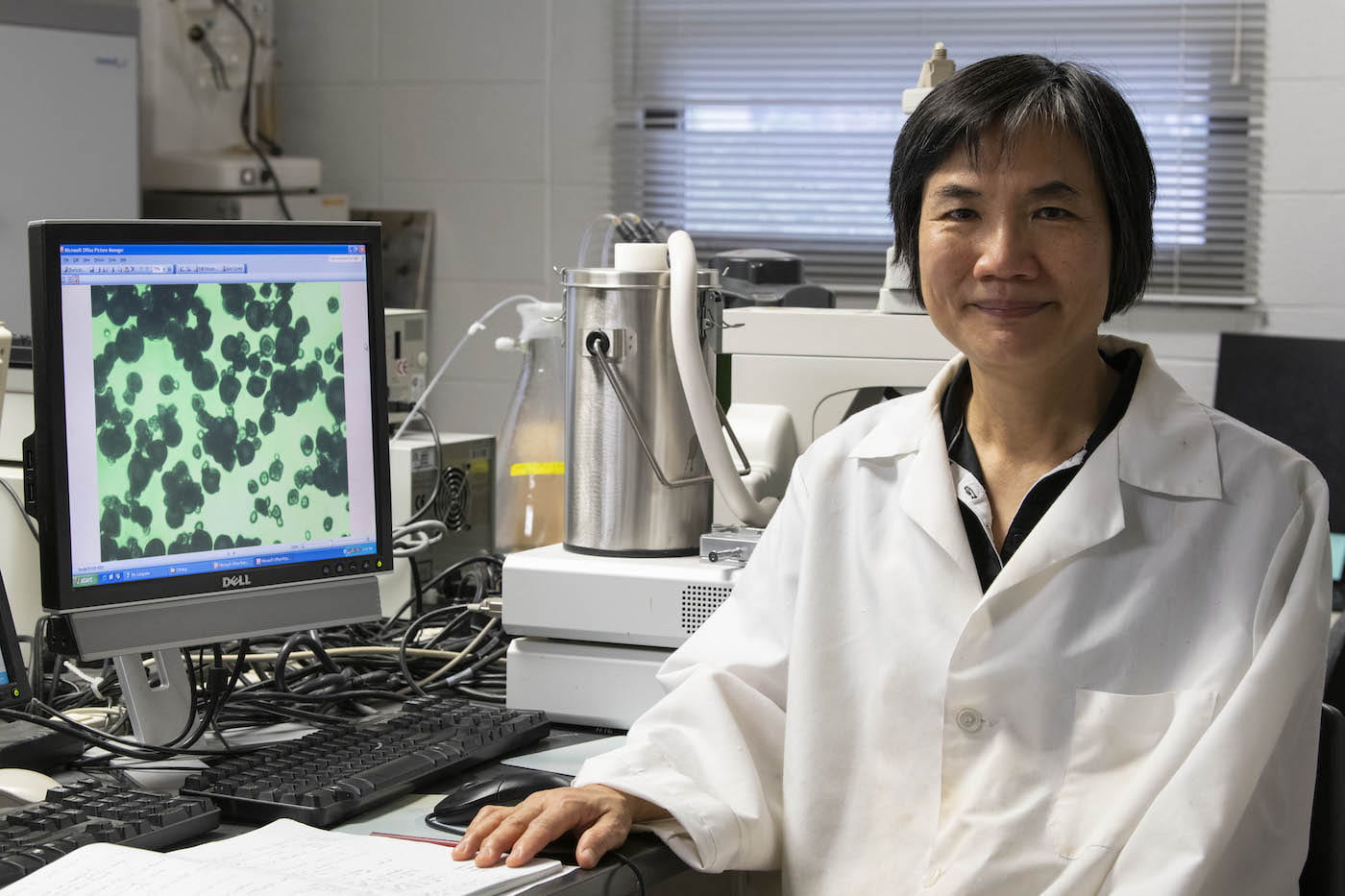
Ya-Jane Wang: Professor of Food Science for the Division of Agriculture
When did you begin working for Division of Agriculture?
1999.
What motivates you in your work for the Agricultural Experiment Station?
“Agriculture is vital to society and economics, but much less emphasis and resources are provided to agriculture research and development. Climate changes have shown tremendous impacts on crops and environments, and consequently, on society worldwide."
What accomplishment, project or program are you most proud of?
“I am proud to be part of the Arkansas Rice Processing Program to support the rice industry in the state. Through the program, I have had opportunities to work with companies that use rice in their products to help them improve the process and quality. Because rice is not a major crop in the U.S., most companies are not familiar with the wide range of properties rice can offer from many varieties."
Who is your role model or mentor?
“Marie Curie inspired me to become a scientist. Dr. Ron Buescher, former faculty and department head at the Department of Food Science, was my role model for being a scientist with dedication and integrity.”
To learn about extension programs in Arkansas, contact your local Cooperative Extension Service agent or visit www.uaex.uada.edu. Follow us on Twitter and Instagram at @AR_Extension. To learn more about Division of Agriculture research, visit the Arkansas Agricultural Experiment Station website: https://aaes.uada.edu. Follow on Twitter at @ArkAgResearch. To learn more about the Division of Agriculture, visit https://uada.edu/. Follow us on Twitter at @AgInArk.
About the Division of Agriculture
The University of Arkansas System Division of Agriculture’s mission is to strengthen agriculture, communities, and families by connecting trusted research to the adoption of best practices. Through the Agricultural Experiment Station and the Cooperative Extension Service, the Division of Agriculture conducts research and extension work within the nation’s historic land grant education system.
The Division of Agriculture is one of 20 entities within the University of Arkansas System. It has offices in all 75 counties in Arkansas and faculty on five system campuses.
Pursuant to 7 CFR § 15.3, the University of Arkansas System Division of Agriculture offers all its Extension and Research programs and services (including employment) without regard to race, color, sex, national origin, religion, age, disability, marital or veteran status, genetic information, sexual preference, pregnancy or any other legally protected status, and is an equal opportunity institution.
# # #
Media Contact:
Rebekah Hall
rkhall@uada.edu
@RKHall_
501-671-2061